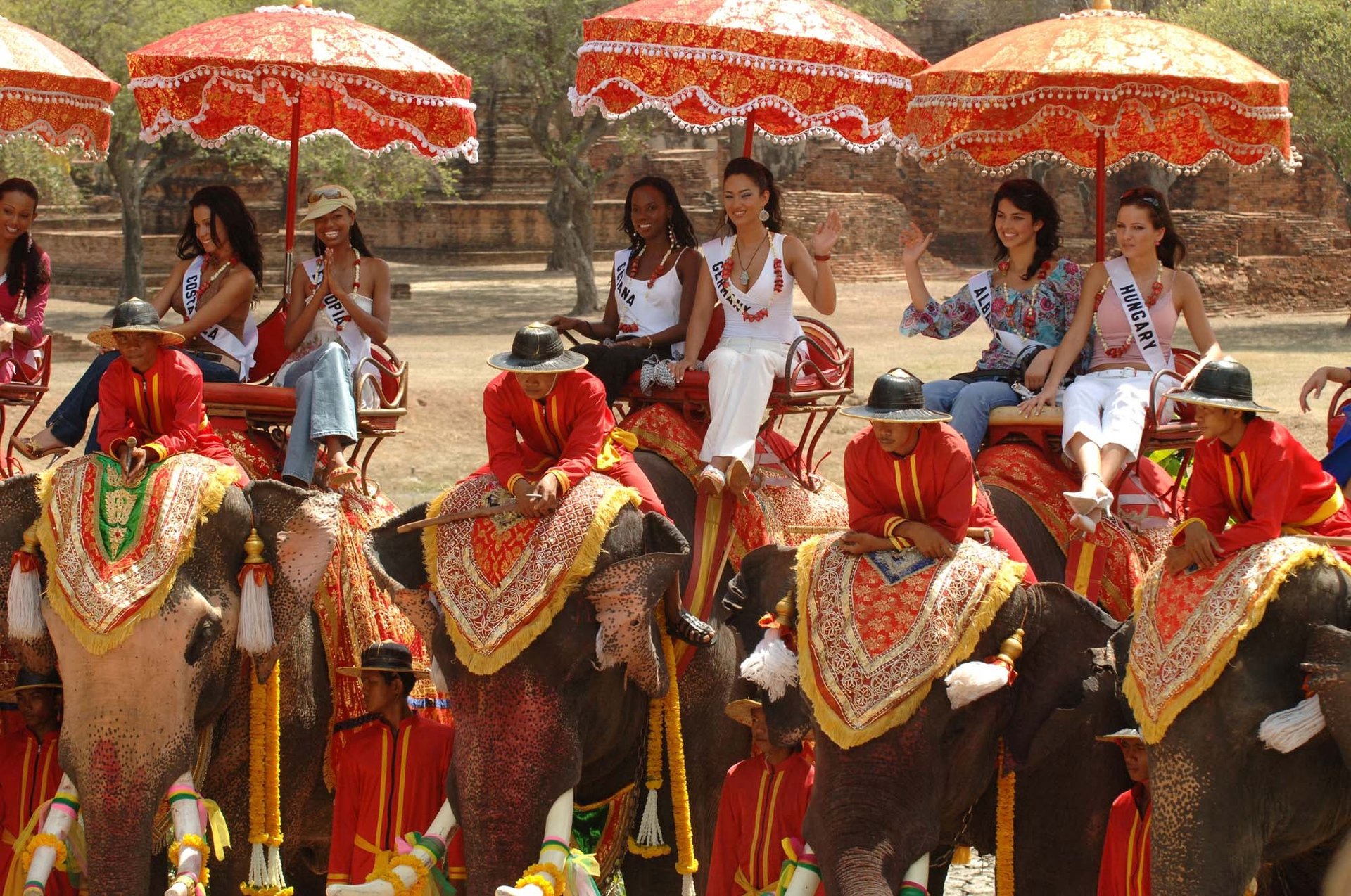The ugly side of Thailand’s elephant tourism
Tourism brochures for Thailand showcase its stunning beaches with clear blue waters; colorful carts of fresh fruits at outdoor markets; and elephants meandering through the jungle with excited visitors on their backs. But it turns out there’s a dark side to these elephant rides.


Tourism brochures for Thailand showcase its stunning beaches with clear blue waters; colorful carts of fresh fruits at outdoor markets; and elephants meandering through the jungle with excited visitors on their backs. But it turns out there’s a dark side to these elephant rides.
Thailand is one of 13 countries in Asia that trades Asian elephants—most from bordering Myanmar—to fuel its tourism market. And a recent report found widespread abuses in the industry.
TRAFFIC, a wildlife trade group governed by the World Wide Fund (WWF) and International Union for Conservation of Nature (IUCN), released the results of an investigation into 108 elephant tourism camps, hotels, and government facilities they examined between 2011 to 2013. They found around 80 of the elephants in those facilities that they said were illegally captured for the tourism industry. And of those whose origins are identifiable, nine out of 10 were from Myanmar. Estimates put the number of elephants at tourist camps in Thailand at 1,688.
Last century, Asian elephants were used for logging, and poached for their skin, meat and ivory. But after the Thai government banned logging in protected areas in 1989, it wasn’t long before the elephants were repurposed as a tourist attraction—which became a new reason to illegally trade elephants. To prepare them for the job, the elephants are ripped from their families at young ages and delivered to trainers, who “break” them by chaining them down and withholding food and water, TRAFFIC reports. They’re regularly beaten with bamboo sticks to become docile, controllable creatures.
The Thai Elephant Conservation Center, established by the government, refutes reports of the abuses elephant advocates described: “Most Thai elephants are very well cared for, partly because most Thai people are intrinsically kind and humane but also because elephants are simply too valuable to abuse.”
In February 2012, the Thai government clamped down on illegal elephant trades, which seems to have halted much of the illegal trade. But, TRAFFIC concludes that, “it is impossible to rule out the possibility that some trafficking may still be occurring.” After all, a healthy baby elephant is currently valued at $33,000 and the number of visitors to Thailand was on track to increase to 28 million in 2014, from 26.7 million in 2013.
Of course unexpected domestic fiascos, such as Thailand’s coup this year, have put a damper on tourism. The number of tourists fell nearly 5% between January and April this year. Elephant rides have shown no sign of losing their appeal, however: Elephant tourism is still going strong in India, Cambodia and Laos.